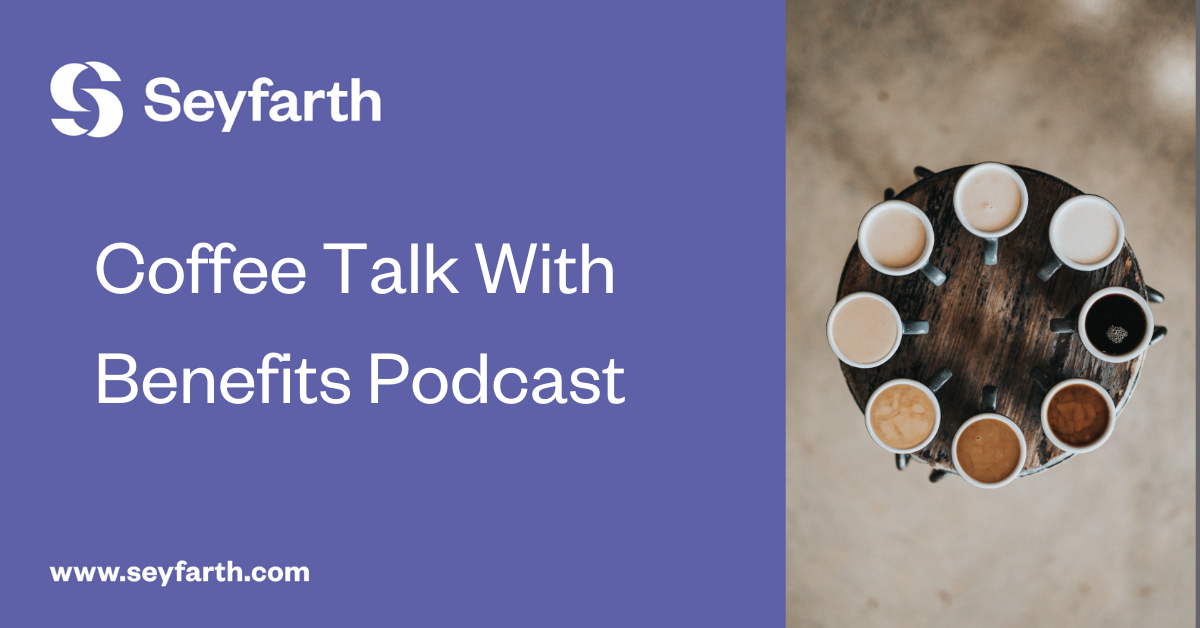
Seyfarth Synopsis: Under Section 604 of Secure 2.0, sponsors of 401(k), 403(b) and eligible governmental plans may allow employees to designate employer match (including match on student loan repayments) or nonelective contributions as Roth after-tax contributions at the time they are made. This provision was effective for contributions made after December 29, 2022 (i.e., the date Secure 2.0 was enacted). Since the issuance of Secure 2.0, a number of questions relating to this optional provision have been lingering. As previously reported here, on December 20, 2023, the IRS issued Notice 2024-2 (the “Notice”) providing guidance on several provisions under Secure 2.0, including Section 604. A brief overview of the guidance issued relating to designated Roth employer contributions is provided below.
Are plans required to allow employees to elect to make Roth employer contributions?
No. The Notice clarifies – as we expected – that plans may, but are not required to allow participants to designate employer matching and/or nonelective contributions as Roth. This is the case even if the plan allows employees to make Roth employee contributions.Continue Reading “SECURE-ing” the Answers to Outstanding Questions on the Rothification of Employer Contributions





